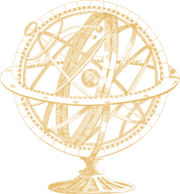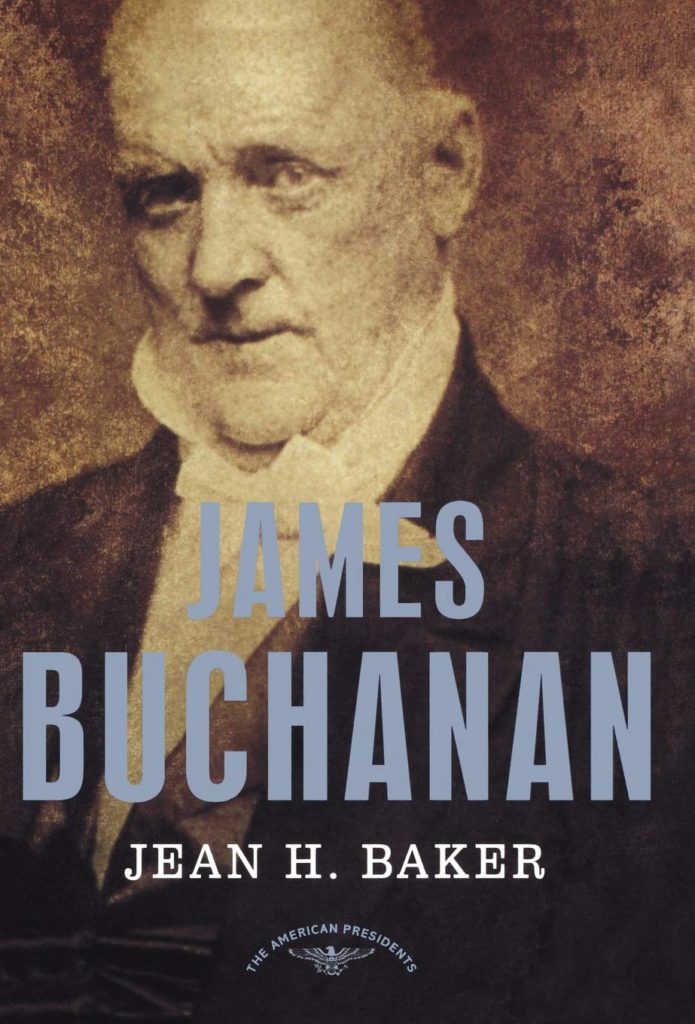“God forbid that fanaticism should ever apply a torch to this, the grandest and most glorious temple which has ever been erected to political freedom on the face of the earth!”
James Buchanan, endorsing the Fugitive Slave Act of 1850
Let me pitch you two resumes and you decide which one would get your presidential vote.
| Candidate A | Candidate B |
| Born into poverty | Wealthy his entire life |
| No formal schooling | College graduate |
| Postmaster, surveyor, traveling lawyer | One of the top lawyers in the state by age 25 |
| Brief militia service | Brief militia service |
| Four terms in the state legislature | Two terms in the state legislature |
| One forgettable term in the US House | Five terms in the US House |
| Two lost elections in bids for US Senate | Two influential terms in the US Senate |
| Never went in abroad in his life | Chairman of Senate Foreign Relations Committee |
| Never held a Cabinet position | Minster to Russia |
| Minister to Great Britain | |
| Secretary of State |
The second column, of course, is James Buchanan. The far less impressive first column? That would be Abraham Lincoln. So how does someone almost tailor made to become a successful president end up routinely ranked as the worst one in American history? Jean H. Baker helped me understand. Note: It’s not because JB looks like Hannibal Lector on that book cover.
Painting with an admittedly broad brush, American Presidents can be divided into two camps. When reading Article II of the Constitution, the one detailing the Executive Branch, many of the most revered presidents took its vagueness to mean they could do anything not strictly listed as off limits (looking at you, TR). Most of the bad ones sat on their hands when controversy struck and said, “Hey, don’t blame me! The Founders didn’t say I could help!” Taking office on the brink of civil war, James Buchanan would plead the latter case time after time, providing history with a master class on inaction, sectional preference and weak crisis leadership.
James Buchanan was racist. I’m not talking microaggressions and thinly veiled redlining policies. I’m talking he meddled in the Dred Scott Supreme Court case to ensure Scott lost. JB wrote to a Justice and asked him to rule not just on the particulars of this case (and specifically against Scott), but in a way that could settle the slave question in perpetuity. In the end, that justice and the ones he sought counsel from all decided that Dred Scott could not sue for his freedom, as slaves were property and could never be citizens. This also nullified the Missouri Compromise line (albeit ignored for decades anyway) and did not allow slavery to be prohibited as a condition of statehood, even during the territorial stage.
Allow me to hammer home Buchanan’s support of this slaves-are-not-human-beings ruling with a lengthy snippet of his Third State of the Union Address: “I cordially congratulate you upon the final settlement by the Supreme Court of the United States of the question of slavery in the Territories…The right has been established of every citizen to take his property of any kind, including slaves, into the common Territories…and to have it protected there under the Federal Constitution. Neither Congress nor a Territorial legislature nor any human power has any authority to annul or impair this vested right. The supreme judicial tribunal of the country…has sanctioned and affirmed these principles of constitutional law, so manifestly just in themselves and so well calculated to promote peace and harmony among the States. It is a striking proof of the sense of justice which is inherent in our people that the property in slaves has never been disturbed…”
And if you’re STILL not convinced how strongly the native Pennsylvanian sided with the South, a paragraph before this in the same speech he said, “it ought never to be forgotten that however great may have been the political advantages resulting from the Union to every portion of our common country, these would all prove to be as nothing should the time ever arrive when they can not be enjoyed without serious danger to the personal safety of the people of the fifteen members of the Confederacy.”
The 15th President had an agenda. For his Cabinet, Buchanan chose four men from the soon-to-be Confederate South and 3 more northern Democrats who were Southern sympathizers. JB stood fast by the fraudulent government of Kansas where votes had been cast by border ruffians coming over from Missouri to ensure slave policy held sway in the new territory. He remained oblivious that support or opposition to this issue was tearing his party apart. So too was the Union itself dividing along slavery lines. Unlike his Democratic hero Andrew Jackson who, when faced with South Carolina nullification crisis and threats of secession took swift and comprehensive action, Buchanan did nothing. He did not tap into the sentiment of many in the South who opposed secession or seek a compromise at any level. Rather, he let the fringe efforts of South Carolina (again!) fuel a larger secession movement that spread unabated.
“No one has a right to grade a president — even poor James Buchanan — who has not sat in his chair, examined the mail and information that came across his desk, and learned why he made his decisions.” JFK said that. I suppose he is right in principle, but it’s impossible not to shake my head at the mountain of evidence against poor James. Ultimately, he is considered the worst (or second worst) president ever, largely because of his unwavering sympathies for the belligerent South, his refusal to act at critical times and for being an ideologue who refused to compromise. His polished political resume put him in position to be great. Instead, it filled him with hubris. His pride, sadly for the Union, came before the fall.
Trivia
- Aunt Fancy – Nickname given him by members of Congress who assumed he was gay because of his lifetime bachelor status and intimate relationship with Senator William King of Alabama.
- Father was an immigrant from Northern Ireland
- Started as a Federalist and became a Democrat
- Appointed minister to Russia by Andrew Jackson
- Secretary of State under Polk
- 7 states seceded before he left office
- Panic of 1857 – 1,400 state banks and 5,000 businesses, including railroads and factories, went bankrupt.
- Wrote the Ostend Manifesto – said the US should buy Cuba from Spain and, if they wouldn’t sell, it was America’s right to seize it as a natural extension of herself.
Follow-up Reading
- President James Buchanan: A Biography by Philip Klein
- America in 1857: A Nation on the Brink by Kenneth M. Stampp
- The Presidents’ War: Six American Presidents and the Civil War That Divided Them by Chris DeRose

